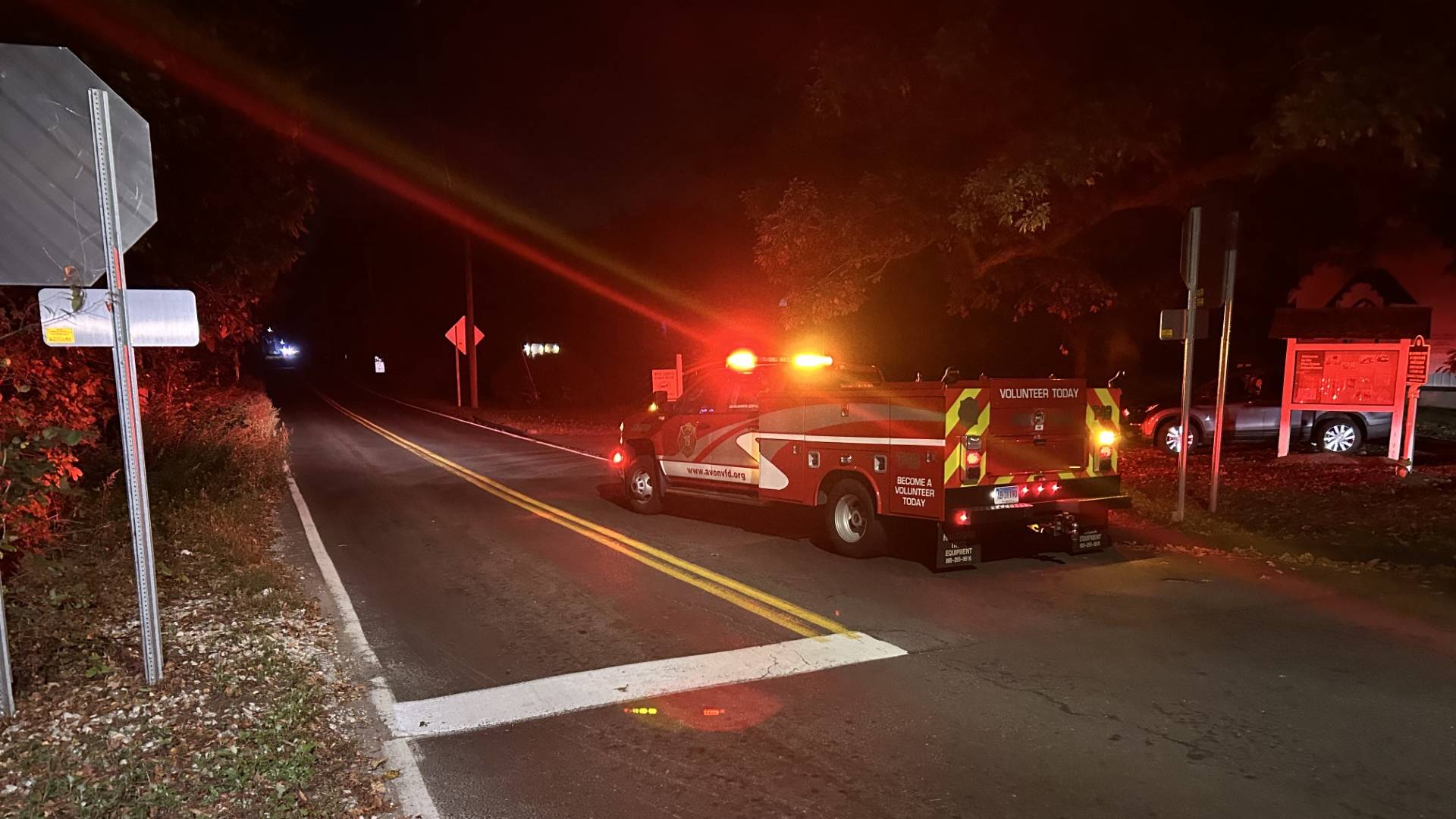
Health officials in Connecticut are reminding parents to take precautions against respiratory viruses this fall due to an increase in cases.
The state Department of Public Health, along with pediatric providers from Connecticut Children's and Yale New Haven Children's Hospital, said that these precautions are not only against COVID-19, but also the flu and respiratory syncytial virus, also known as RSV.
“RSV made an early impact over the summer in Connecticut, and that could be a sign of things to come this winter,” said DPH Commissioner Manisha Juthani.
RSV causes 2.1 million outpatient visits and 58,000 hospitalization annually in children under the age of 5, according to the Centers for Disease Control and Prevention.
Get top local stories in Connecticut delivered to you every morning. Sign up for NBC Connecticut's News Headlines newsletter.
“We have seen more RSV infections at Connecticut Children’s than usual for this time of year,” said Juan Salazar, physician-in-chief and pediatric infectious disease specialist at Connecticut Children’s. “This is likely because safety measures relaxed over the summer and people started getting together again."
The virus is easily spread through mouth and nose droplets when a person coughs or sneezes, according to Salazar. It can also survive on surfaces and infect anyone who touches a contaminated surface.
The associate medical director for infection prevention at Yale New Haven Children's Hospital, Thomas Murray, said said RSV usually causes milder symptoms for most babies and infants. This includes congestion, runny nose, cough and fever.
Local
"However, for some younger children, especially those born prematurely or with underlying health conditions, the virus can cause more severe symptoms such as difficulty breathing,” Murray said.
“RSV is a leading cause of hospitalization in the winter months in children’s hospitals, but now we are seeing it in the late summer and fall. Hospitalized children with RSV typically go home within a few days but the most serious cases can last a week or longer," he continued.
Health officials emphasized that the spread of respiratory viruses can be prevented through hand washing and measures such as masking, avoiding crows and social distancing.



